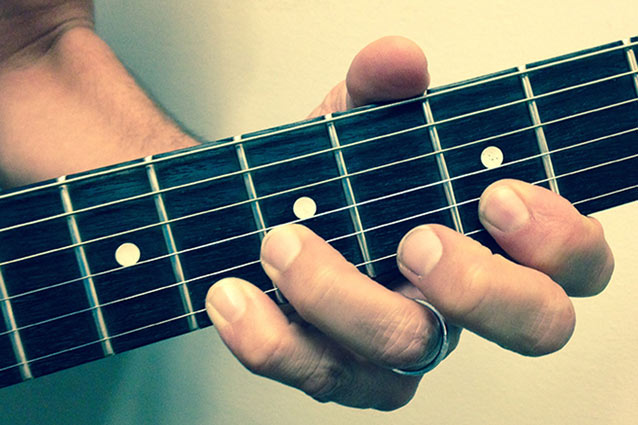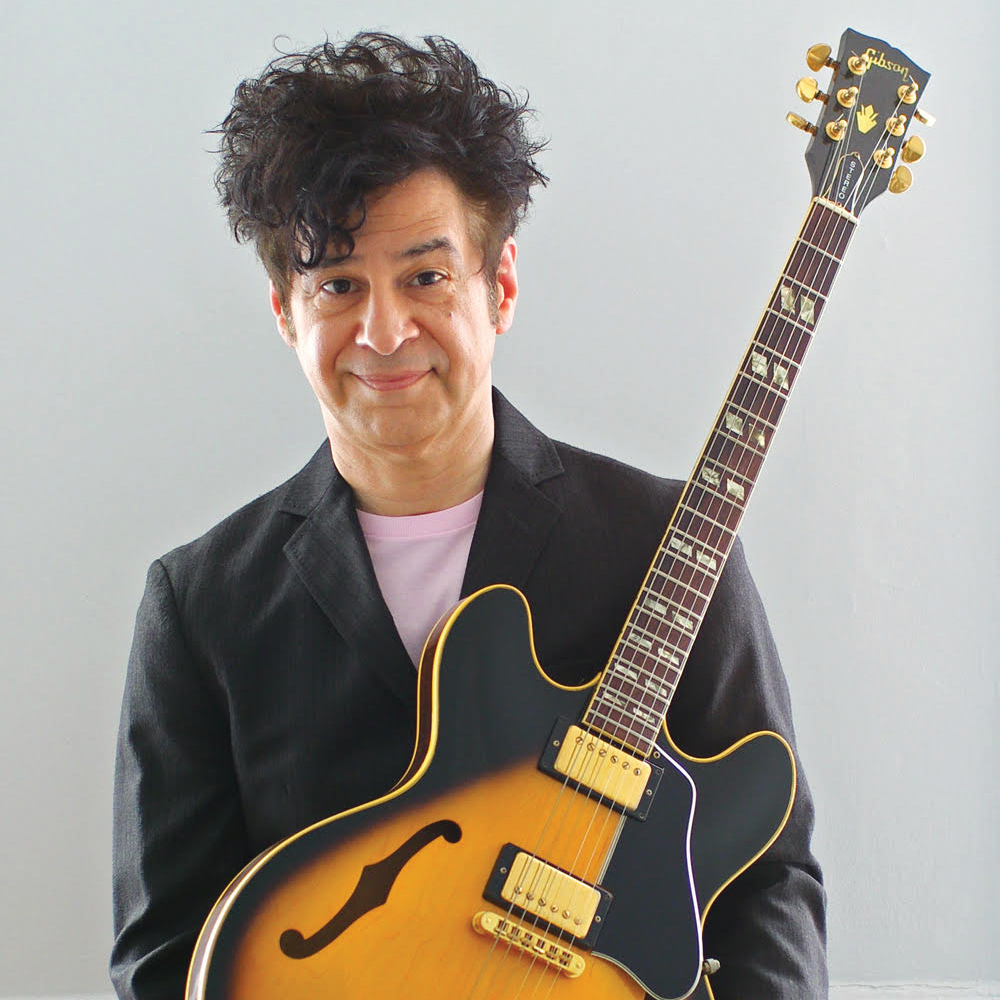The Difference Between Scales and Modes

If music theory sounds scary and confusing, here’s a short lesson in scales and modes that’s easy to follow and gives you useful information. In it, online guitar instructor Tyler Larson explains the difference between scales and modes to shed light on a vital facet of music theory that confuses many players.
“The first thing to know is that you should not think of scales as actual notes. Scales should be thought of as intervals,” Tyler says at the outset. “Really, keys exist for notation and sight-reading—actual written music.”
As for modes, “Within a single key, we can use a different base note of the notes making up that key,” he explains. “If we have seven notes in the major scale, we have potentially seven different places to start playing the major scale.”
Tyler gives examples and demonstrates the lesson as he goes to make it all clear.
Take a look, and visit Tyler’s Music Is Win channel on YouTube for more of his videos.
All the latest guitar news, interviews, lessons, reviews, deals and more, direct to your inbox!
Christopher Scapelliti is editor-in-chief of Guitar Player magazine, the world’s longest-running guitar magazine, founded in 1967. In his extensive career, he has authored in-depth interviews with such guitarists as Pete Townshend, Slash, Billy Corgan, Jack White, Elvis Costello and Todd Rundgren, and audio professionals including Beatles engineers Geoff Emerick and Ken Scott. He is the co-author of Guitar Aficionado: The Collections: The Most Famous, Rare, and Valuable Guitars in the World, a founding editor of Guitar Aficionado magazine, and a former editor with Guitar World, Guitar for the Practicing Musician and Maximum Guitar. Apart from guitars, he maintains a collection of more than 30 vintage analog synthesizers.

